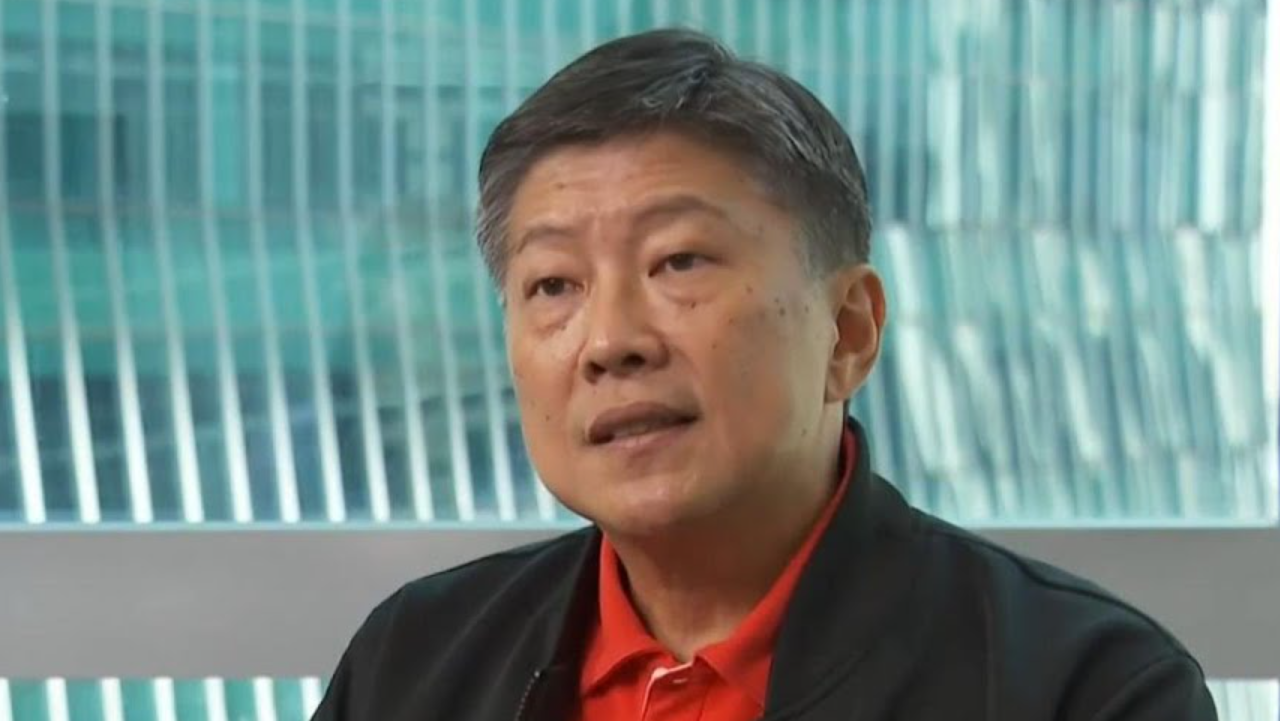SINGAPORE: National Trades Union Congress (NTUC) secretary-general Ng Chee Meng and president K Thanaletchimi have revealed in a joint statement that the labour movement has received assurances from Income that premiums for two of its low-cost insurance schemes will remain affordable despite the proposed majority stake buyout by German conglomerate Allianz.
NTUC confirmed this commitment and emphasized its ongoing dedication to its social mission in a statement released on Monday (5 Aug). The two insurance schemes, NTUC GIFT and Income Insurance LUV, cater specifically to NTUC members, and maintaining their affordability has been a priority.
“NTUC Enterprise will continue to retain a substantial stake in Income,” they stated, reinforcing NTUC’s long-term commitment to Income. Allianz has pledged to honour Income’s existing policies and continue its involvement in national insurance programs and charitable activities.
This includes a significant pledge of S$100 million over the next decade to support social mobility for lower-income individuals and enhance senior citizens’ well-being.
Addressing concerns about the deal with Allianz, Mr Ng expressed understanding and appreciation for these sentiments. He highlighted that NTUC Enterprise has consistently invested in Income and will continue to do so, though external support is necessary.
“In 2022, Income’s corporatisation was a strategic decision to enable access to more capital,” the ex-ruling party minister explained. “Allianz emerged as the strongest partner, with aligned interests on both sides.”
Ms Thanaletchimi and Mr Ng reiterated that, in a competitive market, additional resources and scaling capabilities are essential for Income to continue its social mission.
They assured that Income’s enterprises will persist in offering affordable, high-quality essential goods and services to Singaporeans while providing customers with diverse choices in competitive markets.
“We will continue to work tirelessly, with compassion and dedication, so all our workers can have better lives and livelihoods. That is our unwavering pledge,” they said.
The statement comes amid a chorus of criticism of the planned acquisition from both ordinary Singaporeans and more prominent individuals alike, with concerns being raised about the impact of foreign ownership on Income Insurance’s foundational values.
Veteran diplomat Tommy Koh did not mince words, as he asserted on social media that selling Income is not a good idea, and the social purpose it was aimed at is still valid today. He wrote:
“INCOME started life as a cooperative of NTUC like Fairprice. The idea was to offer insurance to the people at affordable rates. A few years ago it was made into a company and ceased to be a cooperative. Now we are told that it may be sold to a German insurance company.
I don’t think it’s a good idea to sell INCOME. It was founded to serve a social purpose and a social need. They remain valid today. I wish to argue that INCOME and Fairprice should never be sold.”
Former mainstream media editor PN Balji commented, “I am against selling Income. Will we dare sell SIA?”
Ex-NTUC Income chief Tan Kin Lian criticised the takeover bid, as well. Responding to a question about whether the company’s “noble socialist philosophy has lost its roots,” the two-time former presidential candidate, who led NTUC Income for 30 years, said last week:
“This is sad. But it reflects what has been happening in Singapore for the past three decades. We are following the bad practices of America. America is now in decay. Singapore may follow.”
Another former NTUC Income CEO also expressed concerns over the deal. Tan Suee Chieh, who had been the Chief Executive Officer of NTUC Income Insurance Co-operative Limited from 2007 to 2013, called the transaction a “breach of good faith” in an interview with CNA. /TISG

